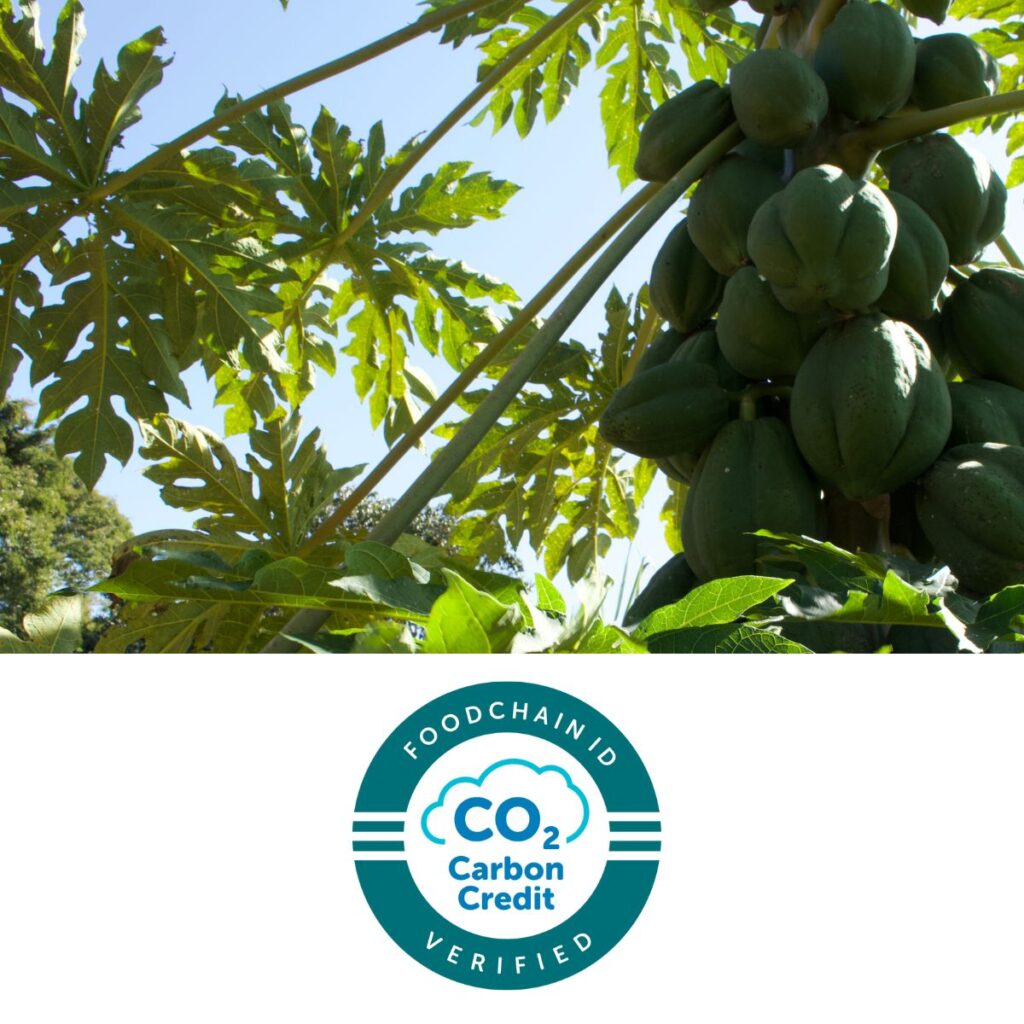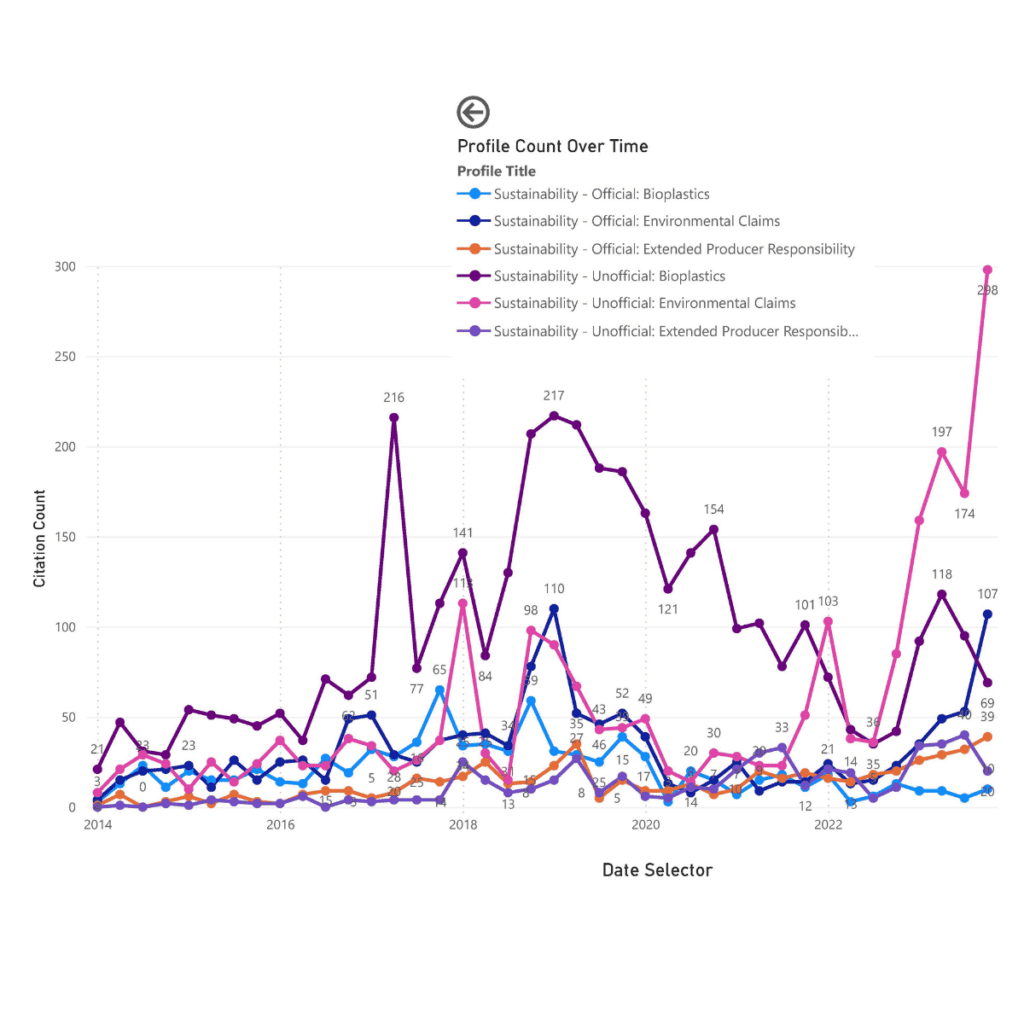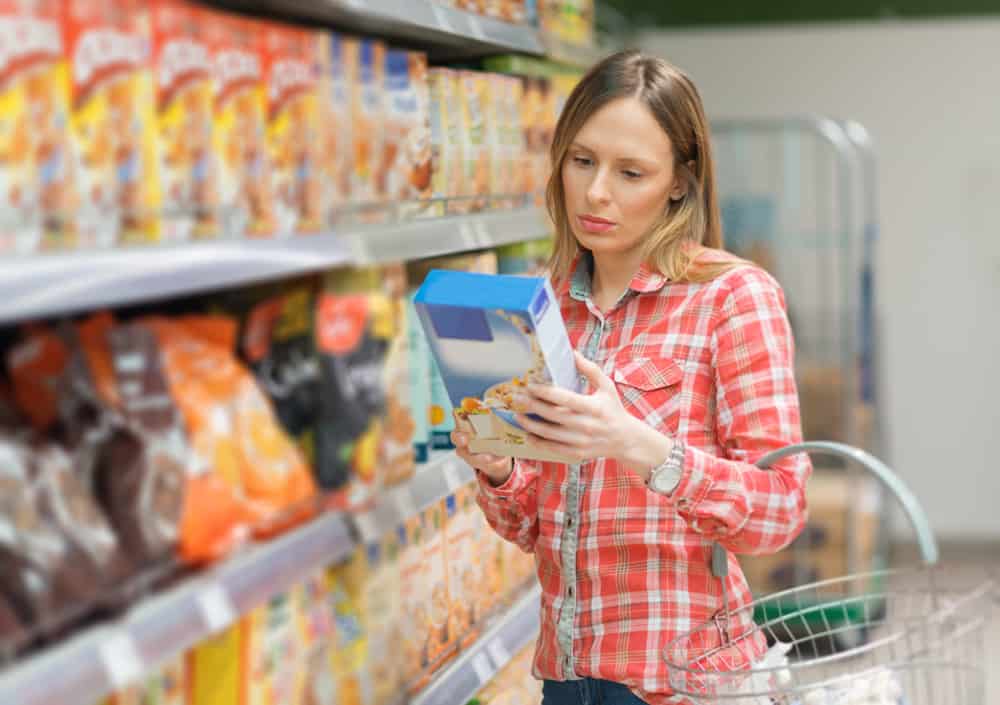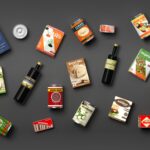By Sureyya Topaloglu, Regulatory Researcher and Regulatory Trends Consultant
TOPLINE SUMMARY
The practice of “greenwashing” is prevalent across consumer products, driven by the economic value consumers place on sustainability. The European Union is working on sustainability regulations to prohibit generic environmental claims on products, including claims of environmental impacts without evidence and sustainability labels lacking approved certification schemes or validation by public authorities.

Packaging Sustainability Trends & Dashboard ‒ search emerging trends and hot-spots globally and regionally, with filters for environmental claims, recycling processes and more.
Carbon Credit Verification ‒ FoodChain ID and its partner ReSeed offer incentivization, measurement and verification of carbon sequestration progress through regenerative agriculture practices under a Carbon Credit Verification Standard.
It’s not hard to imagine the scenario: A restaurant promotes its new “eco-friendly” burger, claiming it’s made with “all-natural ingredients” and packaged in “biodegradable materials.” However, upon closer examination, it’s revealed that while the burger contains fresh components, the “natural” claim is not backed by any regulatory standard. Additionally, the biodegradable packaging is only available in select locations or for certain menu items, while the majority of the restaurant’s products are still sold in traditional non-degradable packaging.
Although the scenario is presented as hypothetical, the practice is common. When a business uses selective or misleading promotion of sustainable benefits while downplaying or ignoring other environmentally harmful practices, it is a known as greenwashing.
Greenwashing is not just an issue in the food industry. The practice is prevalent across consumer products, driven by the economic value consumers place on sustainability. In a broader context, greenwashing poses a major challenge to mitigating climate change. The consumer may believe that a company or entity is taking steps to safeguard the environment, thereby endorsing false or ineffective solutions to the climate crisis.
Sustainability Regulations to Address Greenwashing
The unregulated use of green claims such as eco, environmentally friendly and sustainable has escalated into a widespread issue on a global scale. Too often, product claims cannot be substantiated. Governments and intergovernmental bodies are now actively pursuing legislative measures to regulate unfounded environmental assertions. The United Nations has been urging action for years, and the European Union has initiated regulatory processes to ban greenwashing.
The EU is taking action against greenwashing and raising the bar for companies that make vague, incomplete or false statements regarding their environmental impact. The new directive published in November 2023, “Empowering Consumers for the Green Transition,” aims to enhance consumer safeguards by prohibiting misleading advertisements. The legislation, approved by the EU Council and EC, awaits formal approval from the European Parliament and the national parliaments of all 27 EU countries. It will come into force in 2026 if all parties give their approval.
To stop greenwashing, the EU is planning to prohibit generic environmental claims on products, including claims of neutral, reduced, or positive environmental impacts without evidence, assertions of emission offsetting by the producer, and sustainability labels lacking approved certification schemes or validation by public authorities.
The FoodChain ID Sustainability Dashboard below displays the dramatic rise in citations covering environmental claims. The growing number of the articles from different sources shows increasing attention to the topic of sustainability claims and the potential for greenwashing.
FoodChain ID Sustainability Dashboard (click to enlarge)

The European Union regulatory developments regarding greenwashing will undoubtedly resonate worldwide, with time revealing their impact. However, consumer expectations and any loss of trust caused by greenwashing will accelerate pressure for action on sustainability regulation and product claims. Further public research and surveys in this field will generate momentum for expediting legal proceedings. As stakeholders increasingly prioritize transparency and environmental responsibility, proactive measures taken now can pave the way for a legitimate sustainable future.










